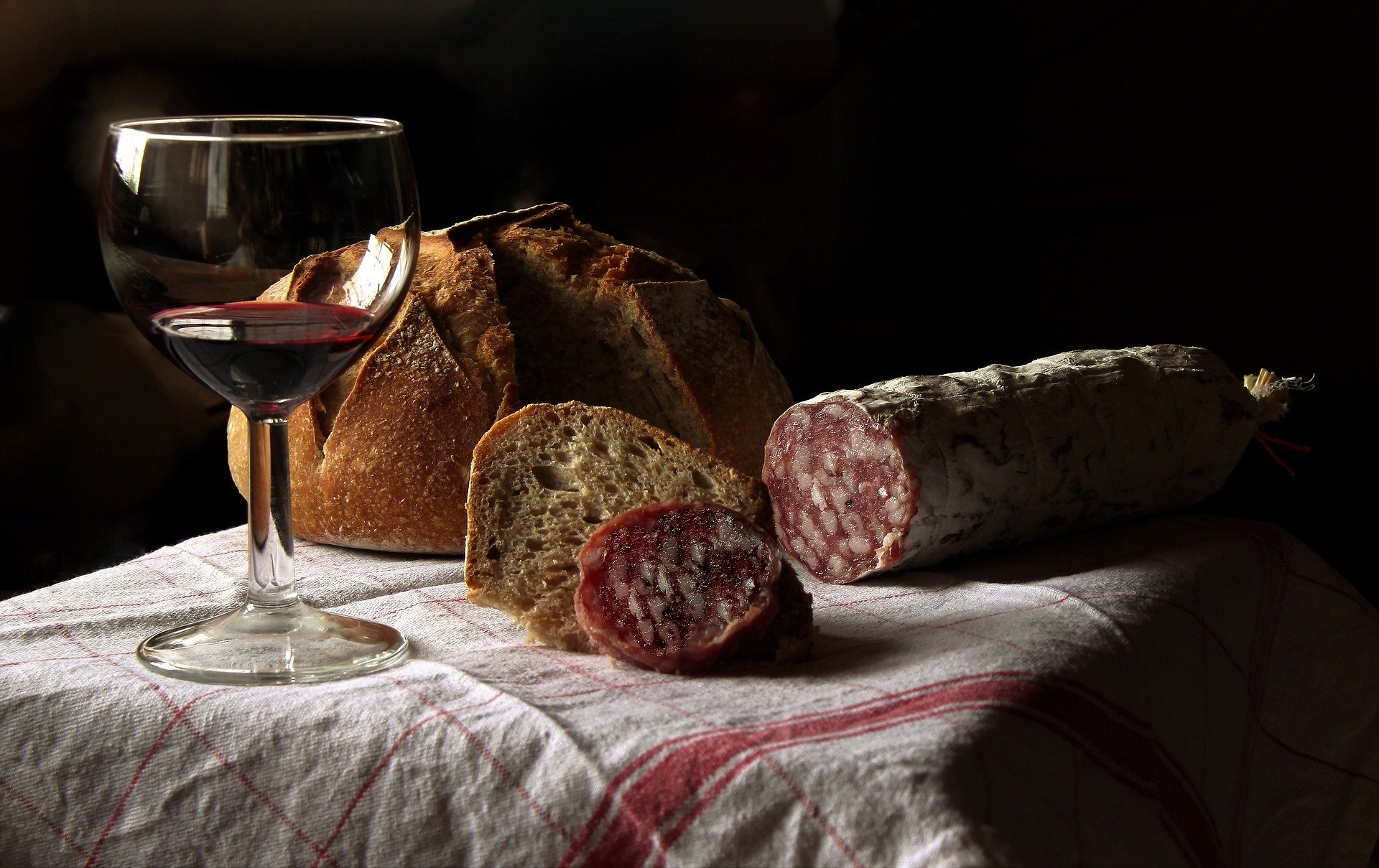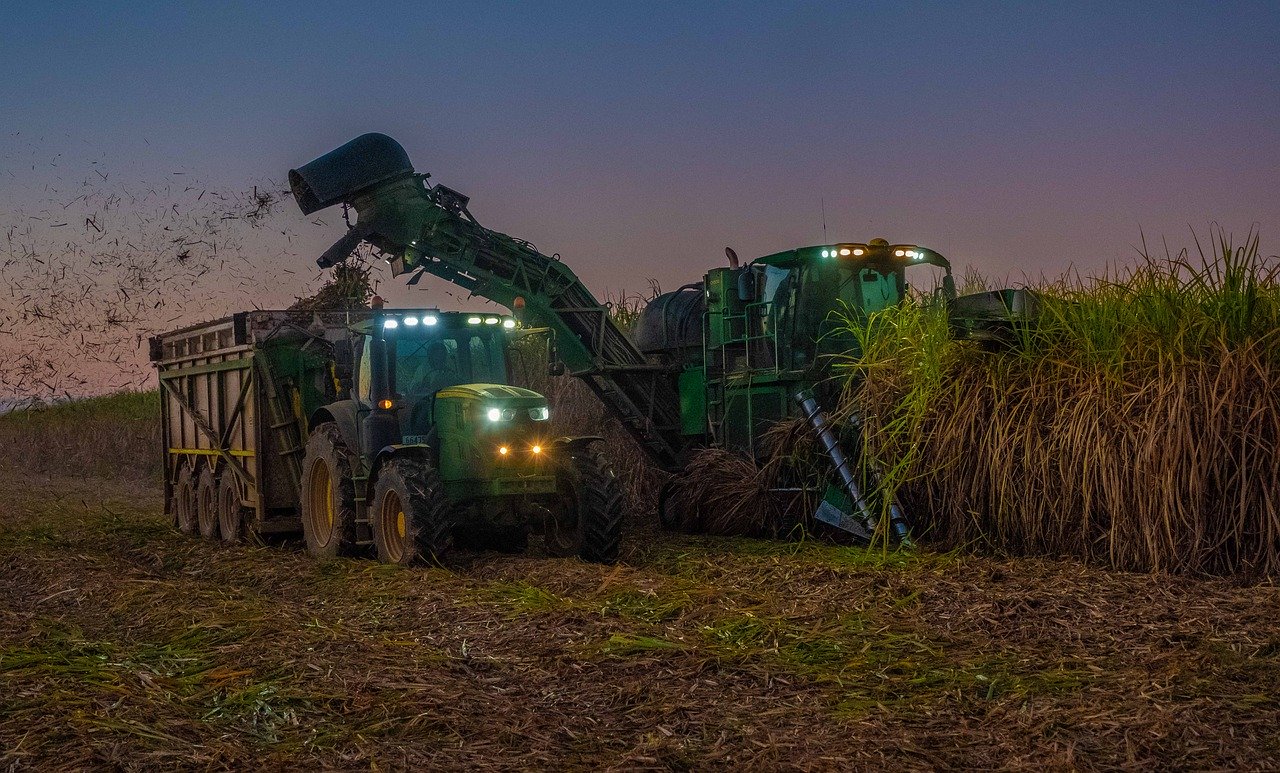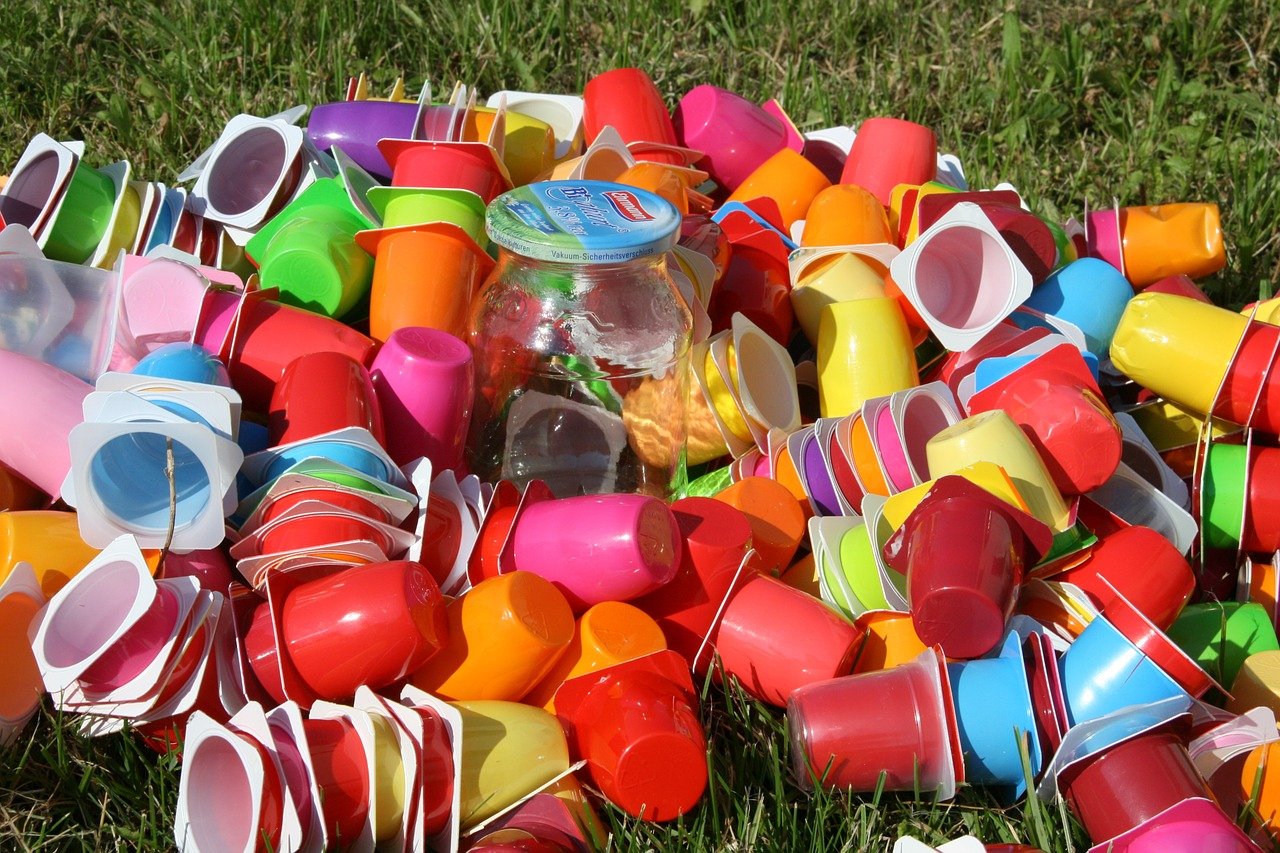Reinventing life
Imagine being able to build life from scratch. It might sound like science fiction, but synthetic biologist and new Academy Fellow Professor Ian Paulsen believes we can. He’s working on engineering synthetic organisms that could help create fuel and plastic out of rubbish—as well as researching new tools for beating superbugs.
Synthetic biology draws on some of the biggest advances in biology, genome sequencing and computing in recent decades. Paulsen describes it as “a new science that combines an engineering mindset with molecular biology techniques”. In practice, synthetic biology projects often have a simple goal. “We’re trying to design and build new organisms to do things that natural organisms can’t do,” says Paulsen.
Yeast 2.0
The natural organism that Paulsen is aiming to reinvent is brewer’s yeast. This single-celled organism converts sugars into alcohol and carbon dioxide, making it essential for fermented products like bread, wine and beer (and some might argue for human existence itself).

Based at the ARC Centre of Excellence in Synthetic Biology at Macquarie University, Paulsen is part of an international consortium of researchers building the genome of a synthetic form of brewer’s yeast, aka ‘Yeast 2.0’ (or Sc2.0, from the scientific name Saccharomyces cerevisiae). Like plants and animals, yeasts are classed as eukaryotes—cellular organisms whose genomic material is enclosed by membranes (unlike prokaryotes such as bacteria). While scientists have created a synthetic bacterial genome, a eukaryote would be a world-first.
Creating genes from scratch sounds like science fiction. However, it’s an ambitious but achievable goal for the consortium and Paulsen, who also happens to be a big science fiction fan. “We’ve designed the genome on a computer,” he explains. “We've chemically synthesised the DNA and replaced all of the natural DNA of yeast with this new DNA that we've designed and constructed.” Yeast 2.0 could answer important questions relating to genome structure and evolution, as well as opening up new industry opportunities—particularly in Australia.
World of waste
Agriculture is one of the backbones of our economy, but an unfortunate side effect is waste biomass, which includes crop residues and effluent from dairy and meat production. Australia produced more than 16 million tonnes of agricultural waste in 2016–17, according to the Department of the Environment and Energy. But what if we could put the waste to use? Paulsen and his team are attempting to engineer Yeast 2.0 to ‘eat up’ agricultural waste to produce essential chemicals.
Many of our modern resources—from plastics to jet fuel and fertilisers—are petroleum products. Synthetic organisms like Yeast 2.0 have the potential to be used in the production of petrochemical alternatives such as biofuels and bioplastics. The yeast could also be used to sustainably produce a multitude of chemicals used in food processing and pharmaceuticals.
The team has already created a yeast that grows on methanol instead of the usual sugars. Methanol can be sourced from agricultural and industrial waste, so this synthetic yeast could kick off a ‘bio-economy’ in Australia. “Taking waste products from agriculture or from society, and being able to turn them into highly valuable products … would be a tremendously valuable industry,” says Paulsen.

Superbugs
Paulsen is no stranger to tackling huge challenges—like antibiotic-resistant superbugs. Prior to his work at Macquarie University, he spent over a decade in the United States as a microbiologist researching how superbugs develop.
Back in 2013, Paulsen and colleagues discovered bacteria that could resist powerful hospital-grade antiseptics. The resistance comes down to a tiny protein on the bacteria’s surface that can pump out the antibiotic. While this discovery is of major significance for human and animal health, it could lead to some good news on two fronts.
Paulsen and his collaborators at the University of Leeds in the UK recently established that bacterial protein pumps could actually be key to developing new bioplastics. The protein pumps have unique properties that can transport a wide range of substances, making them ideal for industrial use to produce more environmentally friendly biodegradable plastics.

In addition, understanding the activities of these transport proteins may help researchers develop inhibitors to prevent bacteria from resisting antibiotics. “Once we've learned how they’ve become resistant, [we can] come up with strategies to try and beat those superbugs,” says Paulsen.
From saving lives to preventing waste, synthetic organisms could shape our future in as-yet unimagined ways. “In large part, we're hoping these new synthetic organisms can help build new industries—the new industries of the future,” says Paulsen.





